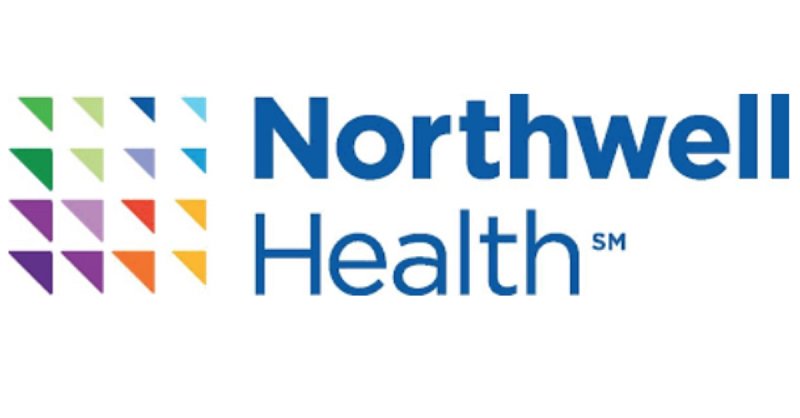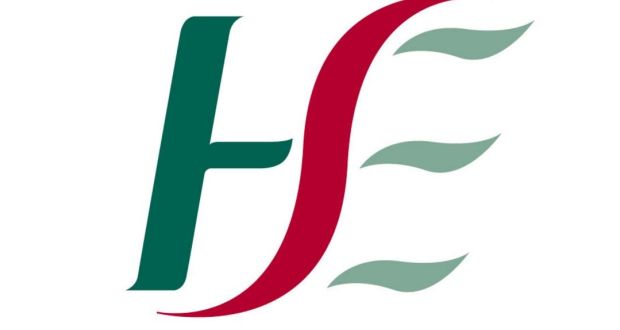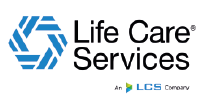How Hospitals Can Combat Staffing Shortages
Current data suggests that there is already a shortage of nurses at a global level with many hospitals struggling to fill vacant roles. This shortage leaves many hospitals in a dangerous position regarding the care and wellbeing of their patients. Fewer nurses in a hospital means that patients care can suffer as a result and in a healthcare environment this can often mean life or death.
A nursing shortage in itself is a problem but couple that with a fast spreading pandemic it becomes an even bigger problem too. Hospitals around the globe are quickly becoming overwhelmed with the current coronavirus pandemic that is rapidly spreading across the world. Hospitals are filling up to max capacity and there is an overall shortage of healthcare staff.
Optimise The Staff You Have

Hospitals’ best resources are the ones they already have. Hospitals need to start looking at what they can do with their current situation and how best they can utilise their current workforce for maximum efficiency. Having the right systems and structure in place is essential for making this happen and ensuring you can efficiently track and monitor your workforce and save time in doing so.
Retain The Staff You Have
It’s easier to hold onto staff than to go out and find new staff. Ensuring that your staff are happy in their jobs and feel like they have a good work life balance will help decrease staff turnover in the long run. In previous surveys carried out on nurses, nearly half of them reported that they felt they didn’t have a good work life balance and felt that they often missed out on important family and life events because of working commitments.
Fill In The Blanks
In the healthcare industry time is money and it’s important that any vacant shifts are being filled quickly and in a timely manner to ensure that there is no knock on effect to patient care. Having a system in place will allow you to quickly fill in vacant shifts at short notice to ensure no time is wasted contacting numerous members of off duty staff and it will also reduce a reliance on third party agency staff.
Plan Ahead

Prepare rosters well in advance and ensure all staff know their working hours. This will allow hospitals to see what staff availability they have weeks in advance so they can notice potential shortages well in advance and prepare for it. “Fail to prepare, prepare to fail”
Communicate With Staff
Have a clear line of communication between staff and administration teams. This will help ensure that there are no gaps in upcoming rosters in the event of missed annual leave bookings or day off requests.
How Can CliniShift Help?
As we’ve seen with recent events around the world and with Covid-19, hospitals and healthcare organisations need to carefully manage their staff and resources now more than ever. Covid-19 has shown us that these organisations need to be able to act quickly on their feet which means being able to cover absent staff’s shifts as quickly as possible but to also reduce any unnecessary expenses going forward. A heavy reliance on agency staff has meant that internal staff aren’t being given the opportunity to cover extra shifts which mean not only are staff missing out on extra hours but it’s also costing more money to hire these agency staff who may also not be as experienced as internal staff.







